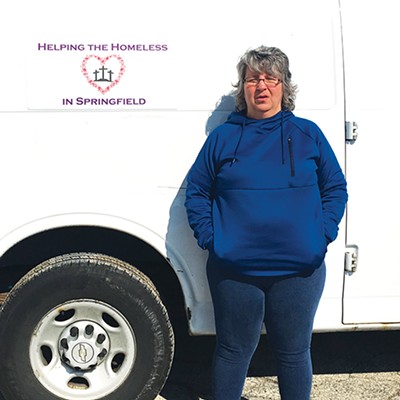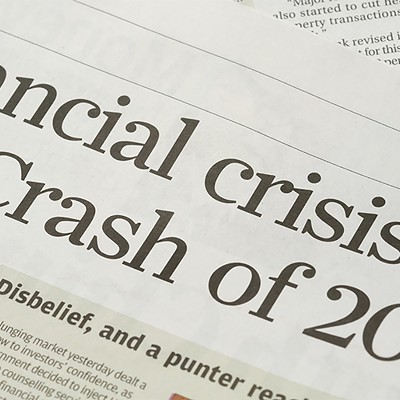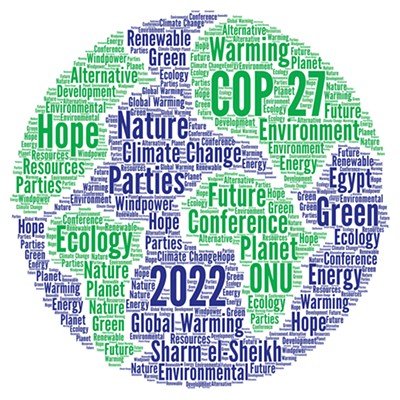Scientists agree that to forestall dire climate consequences, total carbon emissions must be stopped by 2050, and one-half eliminated by 2030. There is only one way to make quickly such gigantic reductions of emissions: place an increasing tax on carbon fuels and let market forces take over creating cheaper, non-carbon replacement fuels. Let's see how this would work.
First, Congress would place a annually-increasing tax on the carbon content of all energy products such as coal-based electricity and oil-based gasoline. This will drive consumers to switch their purchases to cheaper wind, solar and storage energy. Those who switch would not pay the carbon tax and their energy costs would not increase. Solar and wind energy will decline in price compared to existing fossil fuels because technology is reducing the cost of the former and higher carbon taxes will increase the price of the latter.
The surge in demand for non-fossil fuels will cause industry to spring into production to supply them. This enormous new market will attract innovation and massive investment in non-fossil fuels. The allure of potential profits will energize scientists, engineers and entrepreneurs to new heights of innovation and energy production, as happened during World War II.
With industry and free markets transforming our energy sources, there will be no need for time-consuming congressional hearings, for preparing and contesting endless congressional regulations on who should do what, or for never-ending litigation during what would be a feast day for special interests and lobbyists. It seems too good to be true. Our energy transformation can be achieved without increasing the size of our government or asking bureaucrats to run the show, or even to raise sales and income taxes. But it is true. Free-market forces can do the job. And there is a second vital fairness feature to this plan.
Consider this. Each quarter the Treasury would pay back the total carbon tax revenue collected in equal dividends to all adult citizens. There would be no place for hanky-panky since the Treasury guarantees that all money paid in would be paid back to all. It turns out that the richer people who consume the most carbon energy will pay more in taxes than they receive back in dividends. This conforms to the environmental equity principle that those who pollute the most should pay for this privilege. However, the middle, working class and poor will receive more back in dividends than they pay in taxes because they spend less on energy, hence less in taxes. Thus, climate change protection would not be carried out on the backs of the poor.
In summary, increasing the price of fossil fuels causes consumers to buy clean and sustainable fuels. The consumer dollars spent on energy taxes all come back in equal portions to all adult citizens. These dividends more than compensate most citizens for the carbon taxes they paid. Free markets and industry will virtually terminate carbon emissions by 2050 without increasing income or sales taxes. This approach will appeal to both political parties since it uses a market-driven approach, does not increase taxes or the size of government, will sharply cut emissions, and ensures that climate policy does not penalize the poor.
Now is the time not just for understanding the climate threat of fire and rising oceans, but for acting to reduce it. The Deutch Act entitled "The Energy Innovation and Carbon Dividend Act," HR 763 is similar to the plan sketched here. It is bipartisan and has 77 cosponsors. Let's support it.
Roy Wehrle of Springfield is an emeritus professor of Environmental Policy and Economics at University of Illinois Springfield. Please see https://tinyurl.com/tqksrue for a copy of his longer study of this proposal.




















